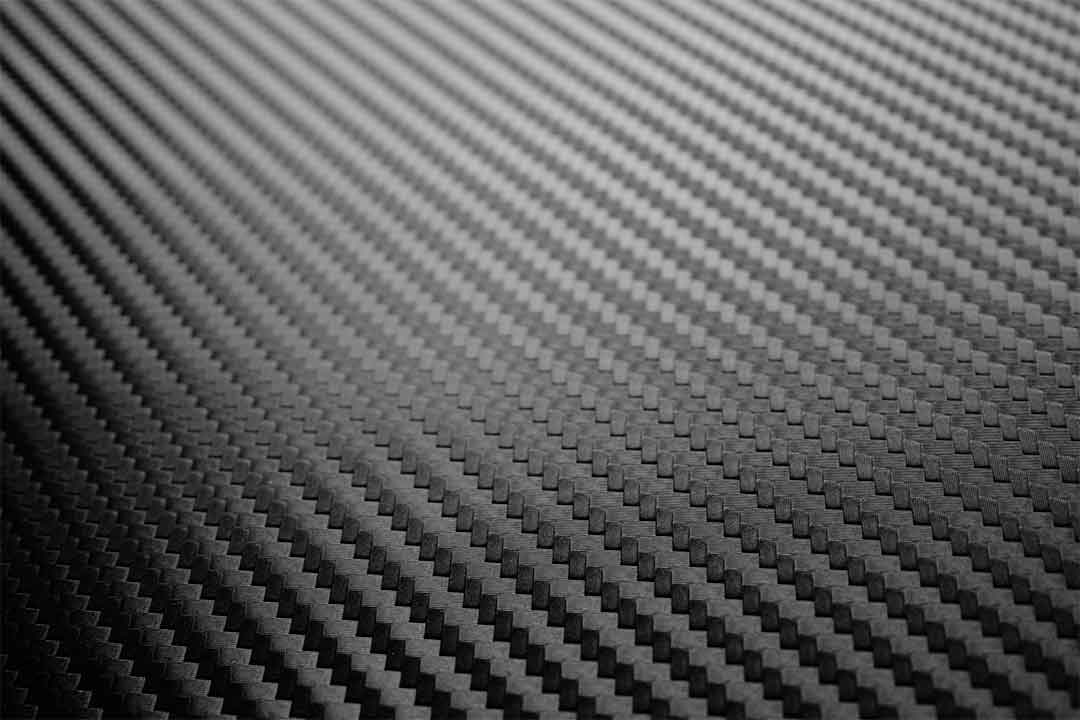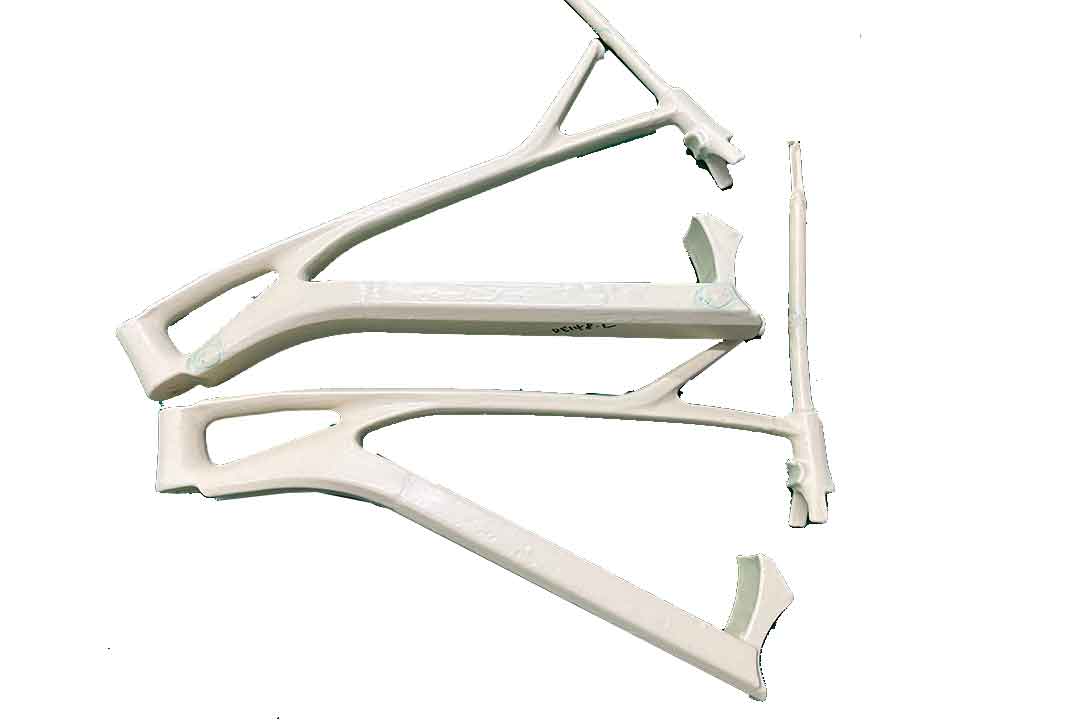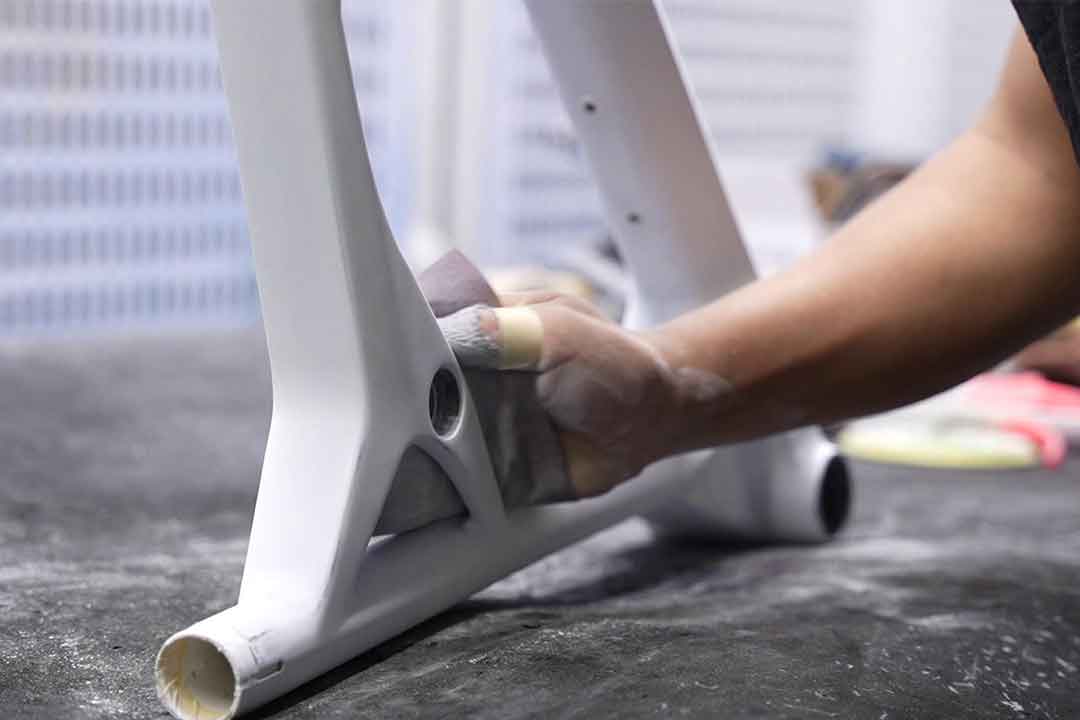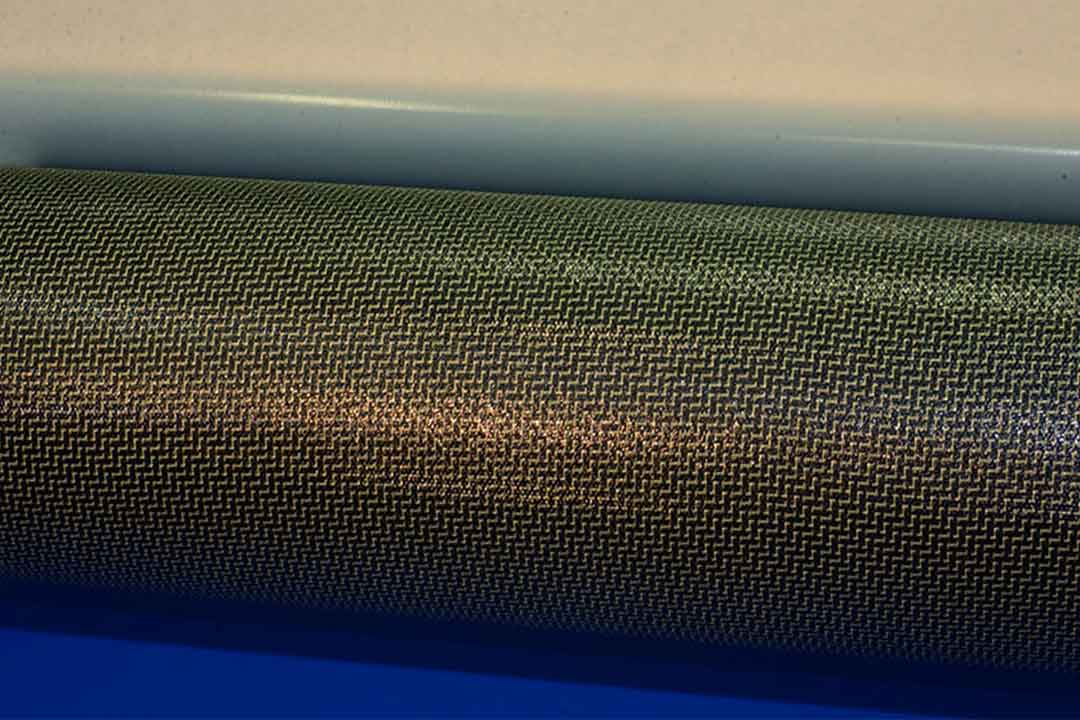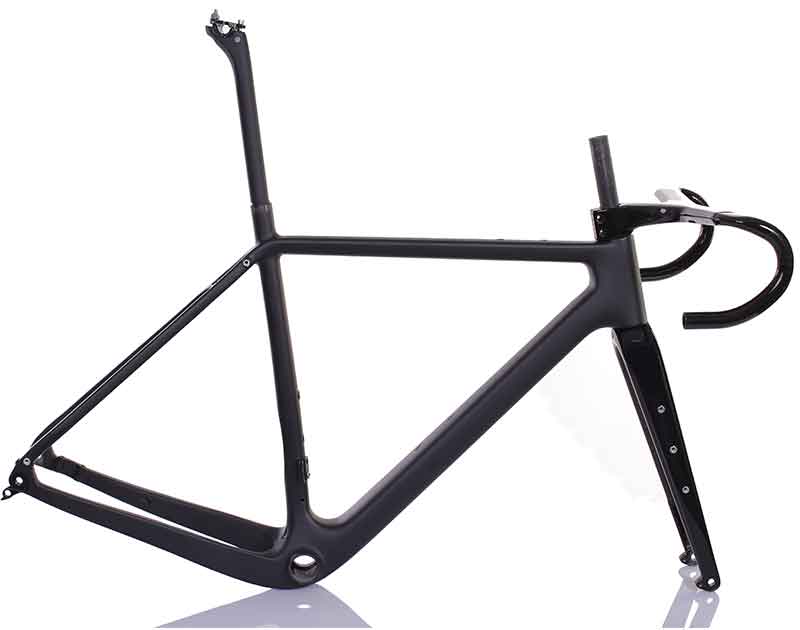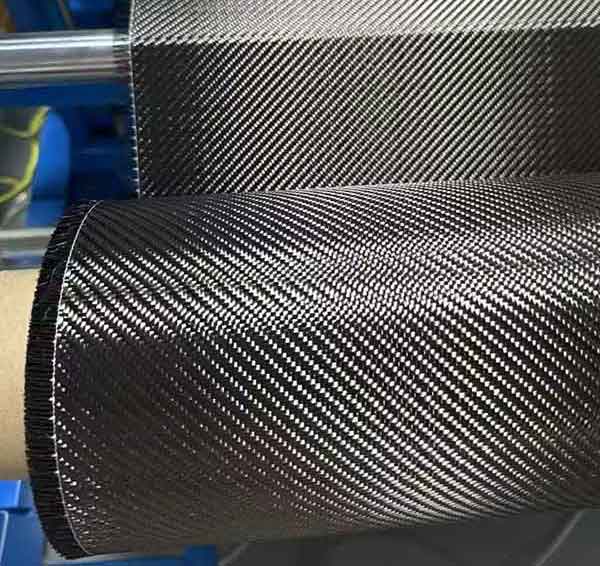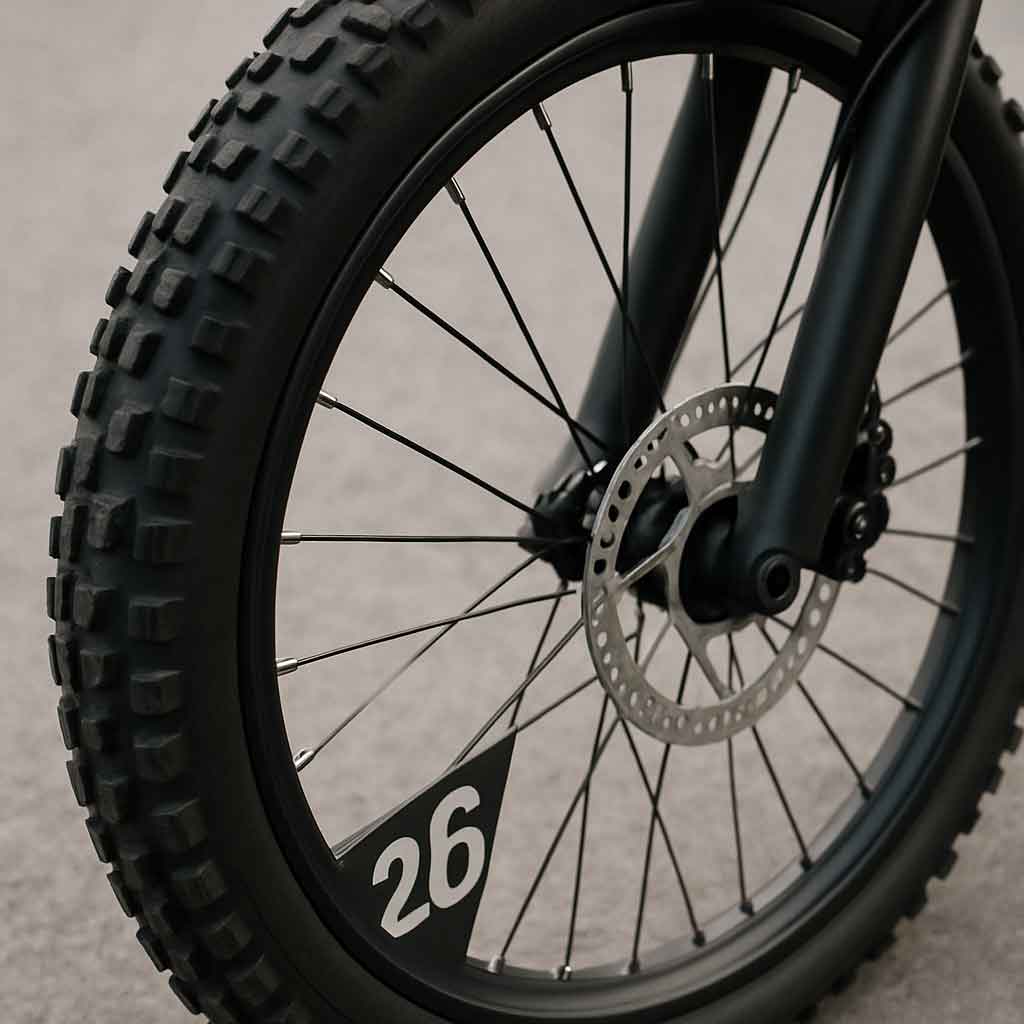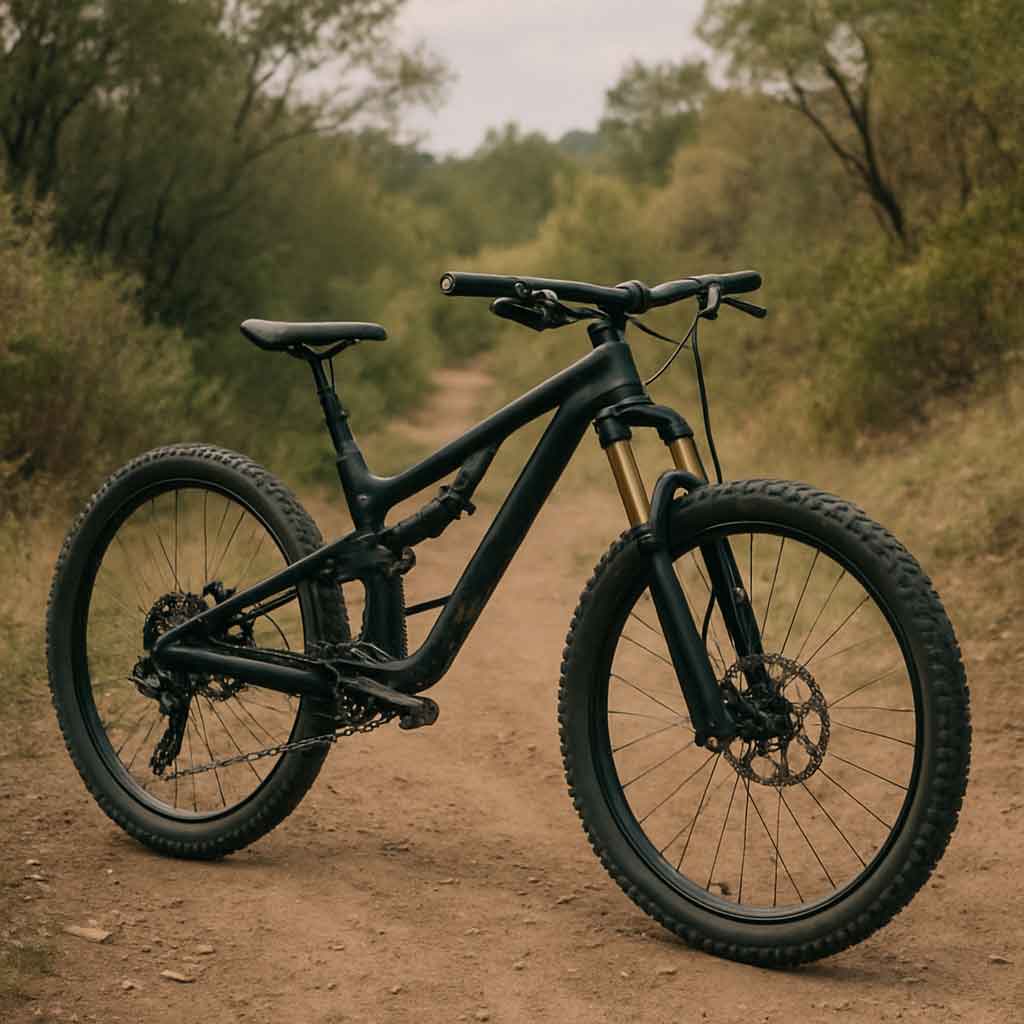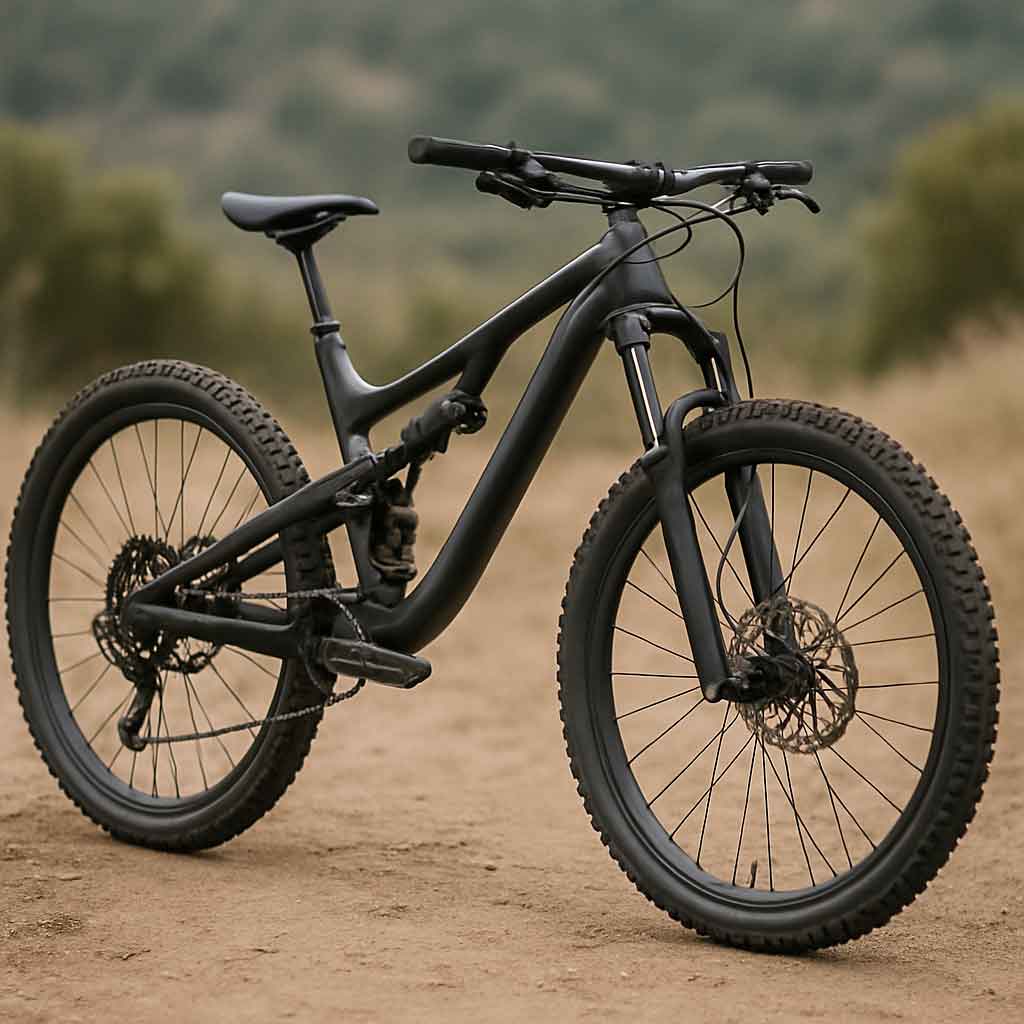Welcome to Mondince Bike - A well-known factory specialized in produce carbon bike frame and other parts since 2007.
Understanding Different E-Bike Frame Materials
When it comes to choosing an electric bike (e-bike), one of the most critical decisions you'll make is selecting the right frame material. The frame is the backbone of your e-bike, influencing everything from weight and durability to ride quality and cost. In this article, we'll explore the most common materials used for e-bike frames, weighing the pros and cons of each to help you make an informed decision.
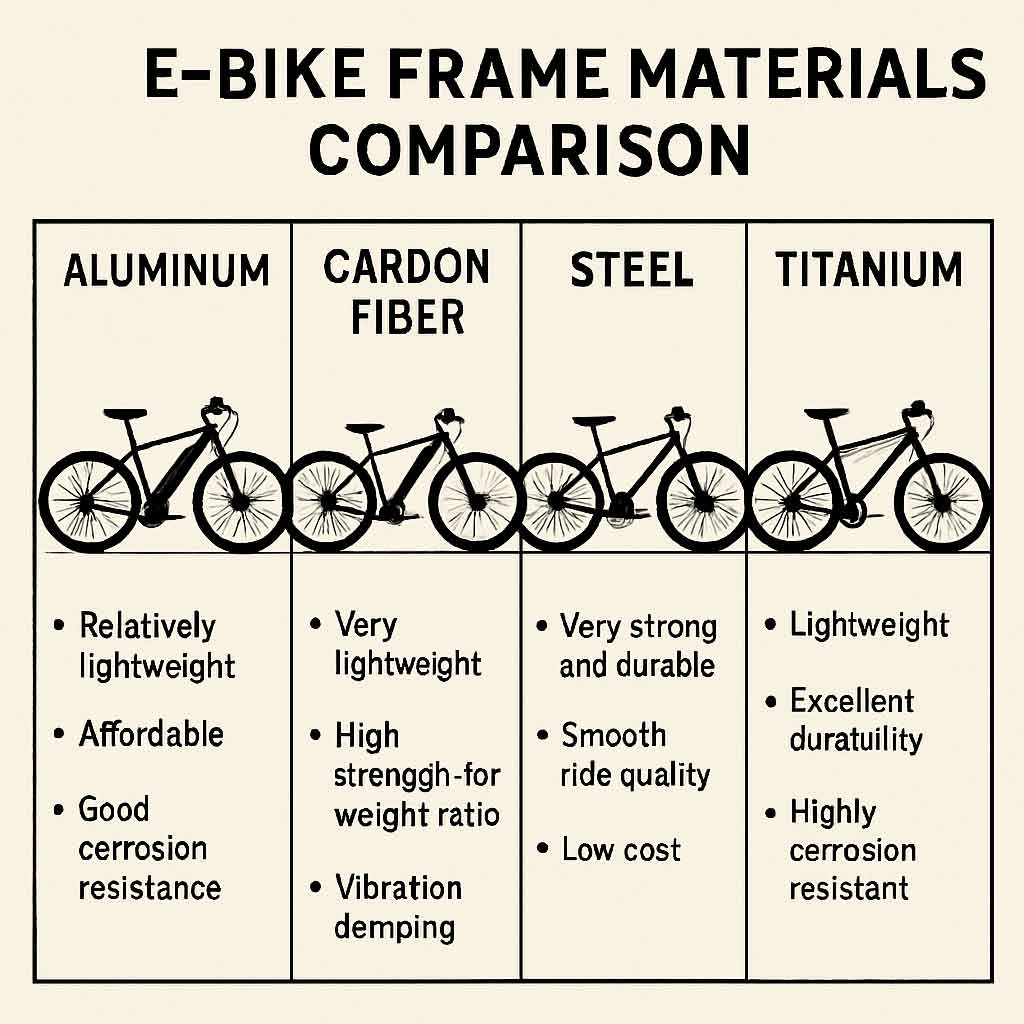
Choosing the right e-bike frame material is crucial because it affects the overall performance and longevity of your bike. Whether you're considering a full suspension e-bike frame for rugged trails or an e-bike frame kit for a custom build, understanding the different materials can help you find the perfect match for your riding style and needs.
Common E-Bike Frame Materials
Aluminum
Aluminum is one of the most popular materials for e-bike frames, known for its lightweight and corrosion-resistant properties. It's an excellent choice for riders looking for a balance between performance and affordability.
Pros:
- Lightweight: Aluminum frames are generally lighter than steel, making them easier to handle and maneuver.
- Corrosion Resistant: Unlike steel, aluminum doesn't rust, making it ideal for wet or humid conditions.
- Affordable: Aluminum frames are cost-effective, offering good performance without breaking the bank.
Cons:
- Stiffness: Aluminum is stiffer than other materials, which can result in a harsher ride on rough terrain.
- Fatigue Resistance: Over time, aluminum frames can become susceptible to fatigue, potentially leading to cracks.
Steel
Steel has long been a favorite for bike frames due to its strength and durability. It's a great option for those who prioritize a smooth, comfortable ride over weight savings.
Pros:
- Durable: Steel is incredibly strong, making it ideal for e-bike frames that need to withstand heavy use.
- Comfortable Ride: The inherent flexibility of steel absorbs vibrations, providing a smoother ride on bumpy roads.
- Repairable: Steel frames can be repaired if damaged, extending their lifespan.
Cons:
- Heavier: Steel is heavier than aluminum and carbon fiber, which can be a drawback for those looking for a lightweight bike.
- Corrosion-Prone: Steel frames need to be protected from rust, especially in wet environments.
Advanced Frame Materials
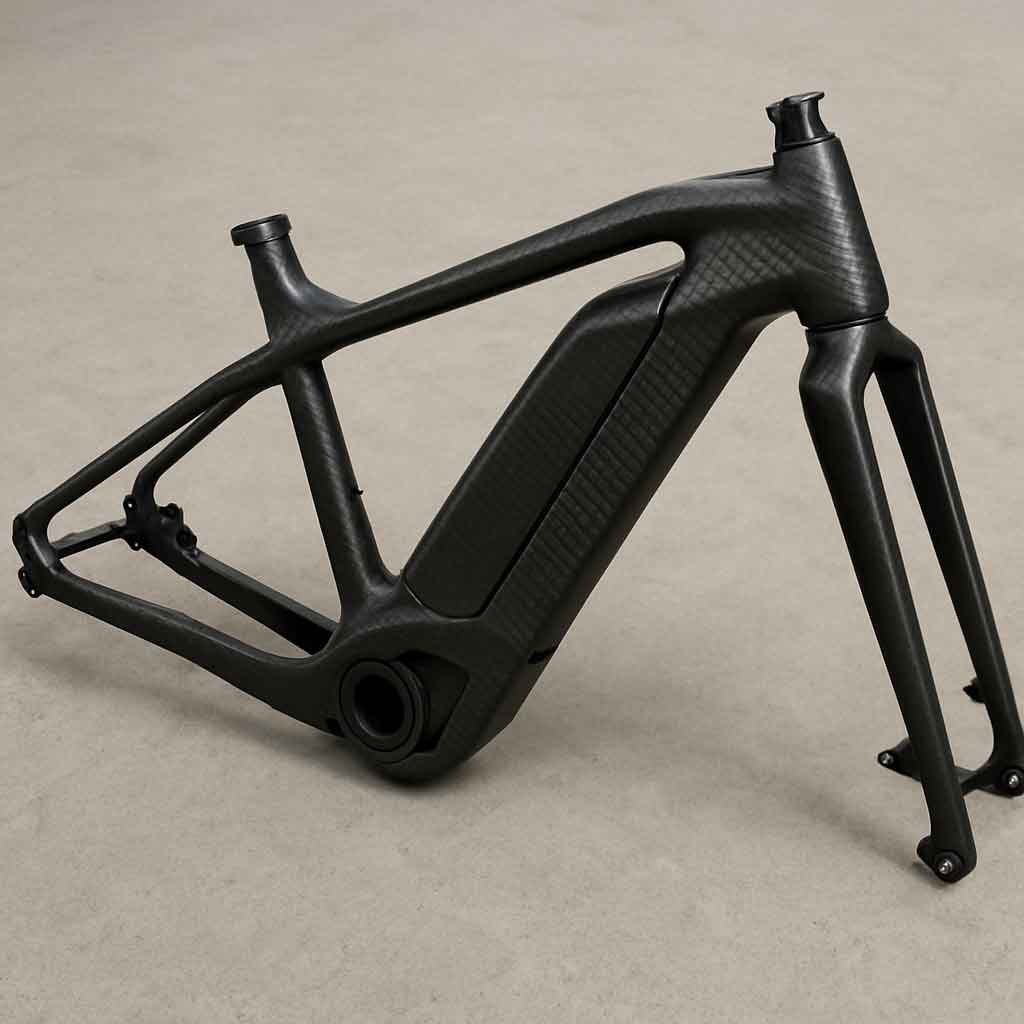
Carbon Fiber
Carbon fiber is synonymous with high-performance cycling, offering unmatched strength-to-weight ratios. This material is a top choice for serious cyclists and custom e-bike frame builds.
Pros:
- Lightweight: Carbon fiber frames are incredibly light, making them ideal for competitive cycling and e-mtb framesets.
- Strong: Despite their light weight, carbon frames are very strong and can withstand significant stress.
- Customizable: The manufacturing process allows for customization, enabling unique frame designs and features.
Cons:
- Expensive: Carbon fiber is one of the most expensive frame materials, which can be a barrier for budget-conscious riders.
- Fragile: While strong, carbon fiber can be prone to damage from direct impacts.
Titanium
Titanium is a premium frame material known for its combination of strength, weight, and flexibility. It's often used in custom electric bike frames for riders seeking the ultimate ride quality.
Pros:
- Light and Strong: Titanium offers a similar weight to aluminum but with the strength and durability of steel.
- Corrosion Resistant: Like aluminum, titanium doesn't rust, making it low-maintenance.
- Comfortable Ride: Titanium's natural flex provides a smooth, comfortable ride.
Cons:
- Costly: Titanium frames are expensive due to the complexity of working with the material.
- Limited Availability: Fewer manufacturers offer titanium e-bike frames, limiting options for buyers.
Choosing the Right E-Bike Frame
When selecting an e-bike frame, consider your riding style, terrain, and budget. For mountain biking enthusiasts, a full suspension electric bike frame made of aluminum or carbon fiber may offer the best performance. On the other hand, if comfort is your priority, a steel or titanium frame could be the way to go.
Full Suspension vs. Hardtail
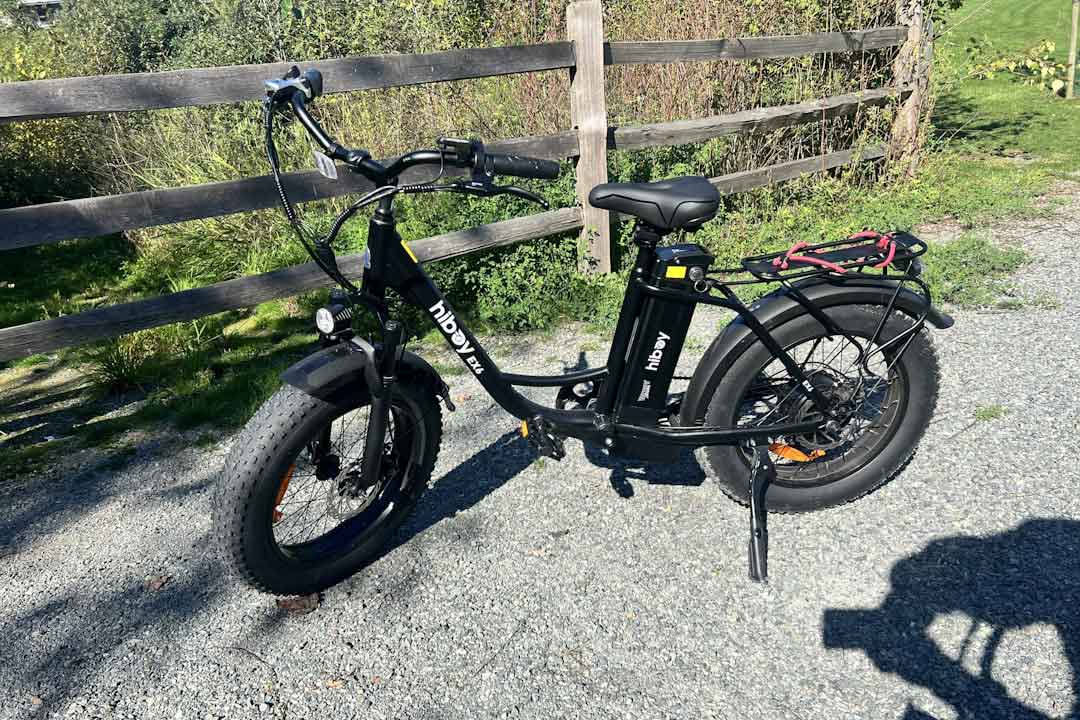
by Hiboy (https://unsplash.com/@hiboyofficial)
Full suspension e-bikes feature both front and rear suspension, providing superior comfort and control on rough terrain. They are ideal for mountain biking and off-road adventures. Hardtail e-bikes, which have front suspension only, are lighter and more efficient on smooth surfaces, making them suitable for city riding and commuting.
Frame Kits and Custom Builds
For those looking to build a personalized e-bike, an electric bike frame kit offers the flexibility to choose each component according to your preferences. Custom e-bike frames can be tailored to your exact specifications, allowing for a truly unique ride.
Conclusion
Selecting the right e-bike frame material is a crucial step in building or buying an electric bike that meets your needs. Whether you prioritize weight, durability, cost, or comfort, there's a frame material that's right for you. By understanding the characteristics of each material, you can make an informed decision and enjoy a better biking experience.
Remember, the best e-bike frame for you depends on your specific requirements and riding conditions. Take the time to evaluate your options and consider a test ride to find the perfect fit for your cycling adventures.


